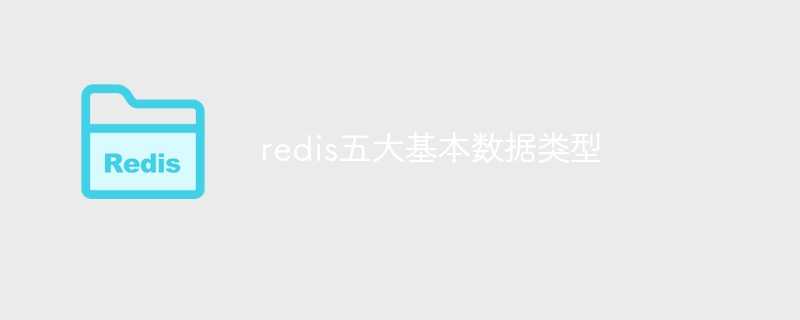Redis provides five basic data types: strings, hashes, lists, sets and ordered sets, which are suitable for different data storage scenarios. These types support a variety of operations such as storage, modification, deletion, sorting, and querying. They provide developers with flexible and effective data management solutions.

Five basic data types in Redis
Redis provides five basic data types, which are:
##String (String)
Hash (Hash)
List (list)
Set (set)
ZSet (Ordered Set)
The above is the detailed content of Redis five basic data types. For more information, please follow other related articles on the PHP Chinese website!
 Commonly used permutation and combination formulas
Commonly used permutation and combination formulas
 Commonly used database software
Commonly used database software
 What are the in-memory databases?
What are the in-memory databases?
 Which one has faster reading speed, mongodb or redis?
Which one has faster reading speed, mongodb or redis?
 How to use redis as a cache server
How to use redis as a cache server
 How redis solves data consistency
How redis solves data consistency
 How do mysql and redis ensure double-write consistency?
How do mysql and redis ensure double-write consistency?
 What data does redis cache generally store?
What data does redis cache generally store?




